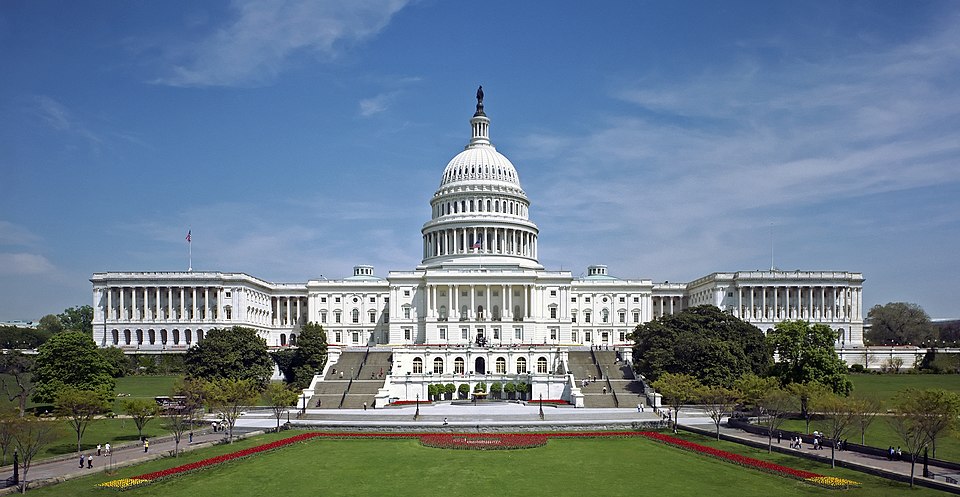A new report from the Congressional Budget Office (CBO) estimates that a Republican-backed bill—closely aligned with former President Donald Trump’s policy goals—could increase the national debt by roughly $2.4 trillion over the next ten years. The proposal focuses heavily on tax cuts and is expected to significantly reduce federal revenue if passed.
The bill, introduced by House Republicans, seeks to extend many provisions from the 2017 tax law, including lower income tax rates for individuals and corporations. It also proposes rolling back energy tax incentives and repealing funding for the Internal Revenue Service that was included in recent Democratic legislation.
Supporters of the bill argue it would provide much-needed tax relief for families and businesses while promoting economic growth. They claim that making the Trump-era tax cuts permanent is necessary to ensure stability and job creation. However, the CBO warns that without spending cuts to match, the bill would further widen the deficit.
Democrats have strongly criticized the proposal, calling it fiscally irresponsible and skewed in favor of the wealthy and large corporations. They argue that the plan offers no meaningful way to pay for the tax breaks and could threaten funding for essential programs in the future.
The CBO’s analysis is expected to shape the broader debate in Congress over federal spending and tax policy as lawmakers begin drafting the next fiscal year’s budget. With growing concerns over the national debt, this proposal is likely to become a focal point in the months ahead.



